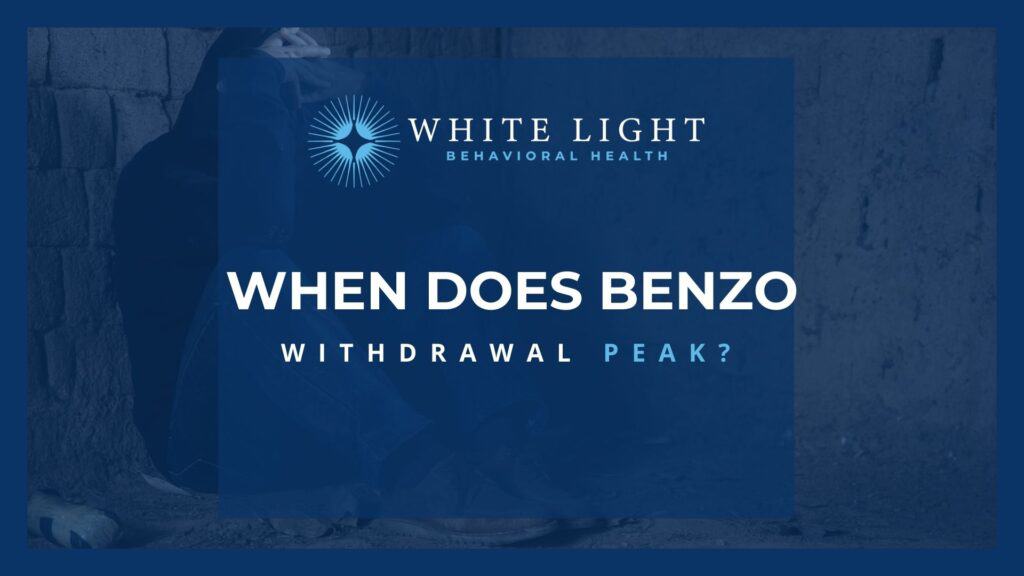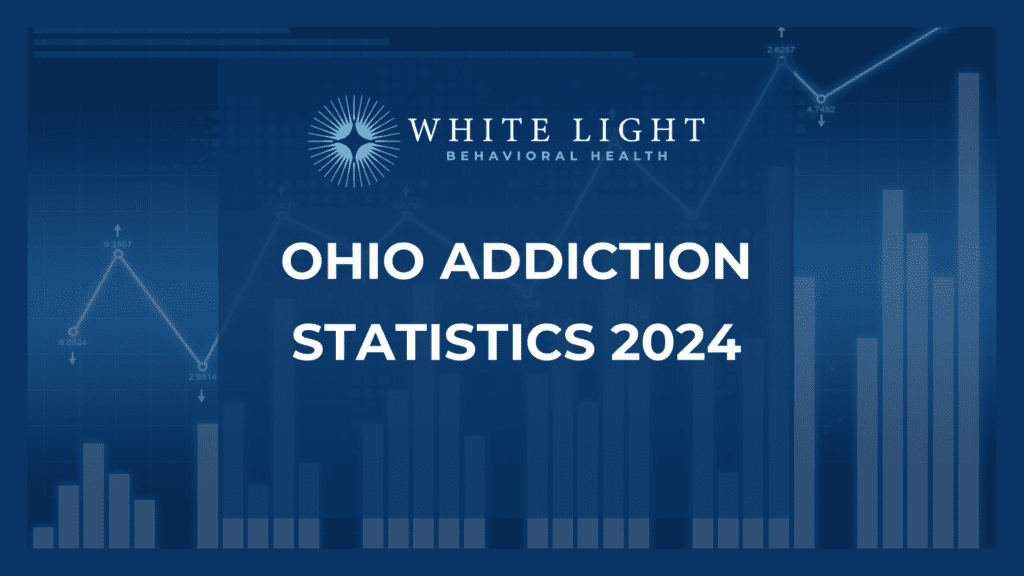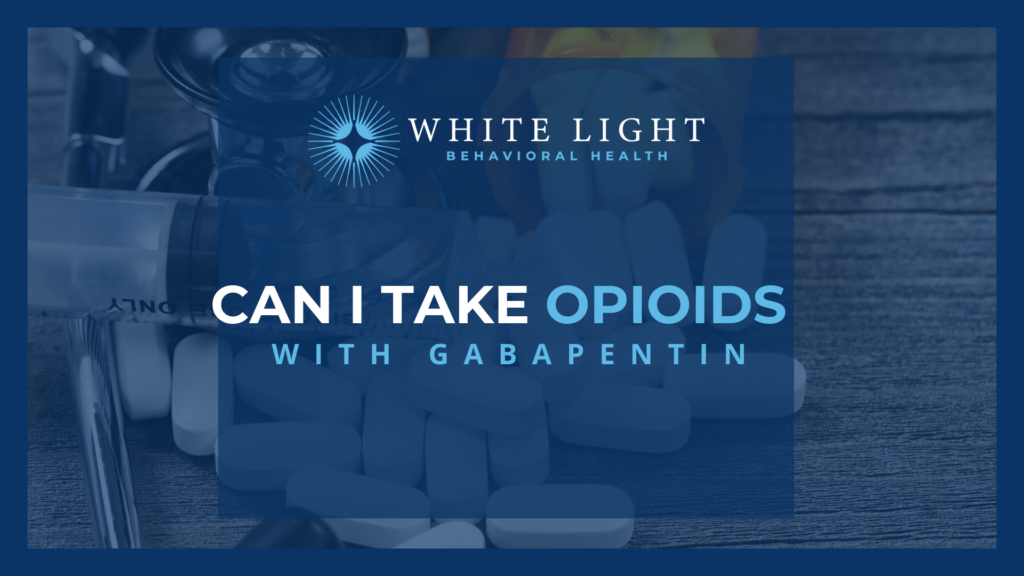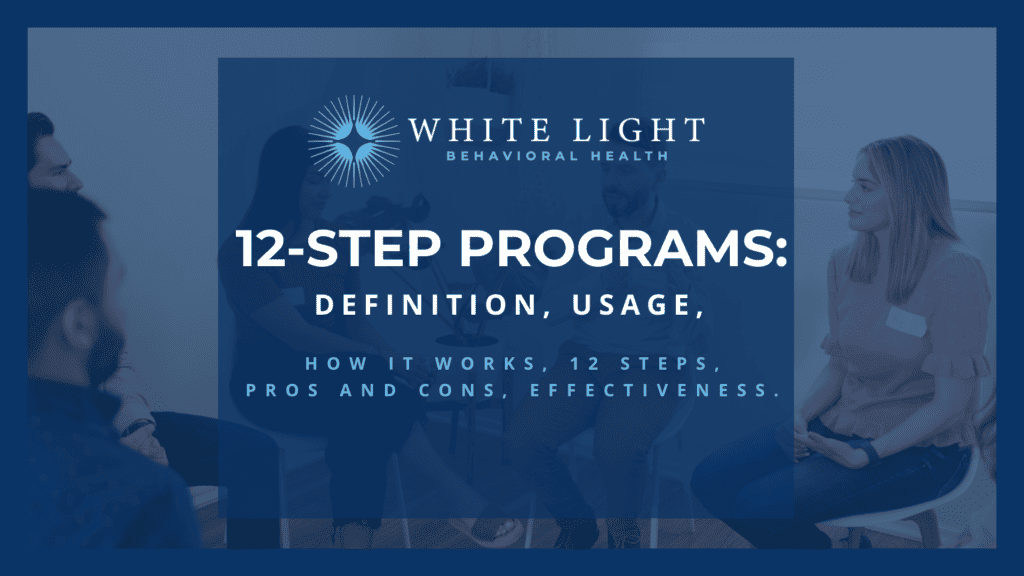What Are Benzos And How Do They Lead to Withdrawal?
Benzodiazepines, commonly known as benzos, are a class of medications prescribed to treat anxiety, insomnia, and other conditions. Examples of widely prescribed benzos include Xanax, Valium, Ativan, and Klonopin. These medications work by depressing the central nervous system, producing a calming effect. However, prolonged or excessive use of benzos can lead to dependence and addiction.
Common Symptoms During the Benzo Detox Timeline
When a person becomes dependent on benzos, their body adapts to the presence of the drug. Suddenly stopping or significantly reducing the dosage of benzodiazepines can trigger withdrawal symptoms.
Withdrawal Symptoms
When withdrawing from benzodiazepines, it’s common to experience a range of physical and psychological symptoms. These symptoms can be uncomfortable and challenging to navigate but are typically part of the body’s adjustment to the absence of the drug. Some of the common withdrawal symptoms include:
- Irritability
- Nausea
- Dizziness
- Headaches
- Agitation
- Heart Palpitations
- Sweating
- Tremors
Rebound Symptoms
In addition to the general withdrawal symptoms, individuals withdrawing from benzodiazepines may also experience “rebound” symptoms. These symptoms are often the opposite of the effects that the Benzo medication initially provided. Common rebound symptoms include:
- Anxiety
- Panic Attacks
- Seizures
- Insomnia
The Timeline of Benzo’s Withdrawal
Days 1-2: The Onset of Symptoms
During the first two days of benzo withdrawal, individuals may begin to experience a range of symptoms. These can include anxiety, trouble sleeping, nausea, headaches, and loss of appetite. For short-acting benzos, these symptoms typically appear within six to 12 hours after the last dose. In contrast, it may take 24 to 48 hours for initial withdrawal symptoms to arise for long-acting benzos. It’s important to note that everyone’s experience may vary, and these symptoms can differ in intensity.
Days 3-7: Peak Symptoms
Around the third to seventh day after the last dose of short-acting benzos, withdrawal symptoms usually peak. Insomnia and anxiety can intensify during this stage, causing significant discomfort. Mental symptoms such as agitation or irritability may also become more prominent. It is crucial to have medical supervision and support during this period to ensure your safety and provide appropriate care.
Days 8-14: Improvement with Lingering Symptoms
Between days 8 and 14, you may notice a significant improvement in your overall well-being. However, it’s important to note that some symptoms may continue to occur off and on, especially for individuals addicted to long-acting benzos. These types of benzodiazepines take longer to leave the body, resulting in a prolonged withdrawal process. While you may experience relief from the acute symptoms, it’s crucial to remain patient and continue seeking support during this stage.
Day 15 and Beyond: Recovery and Protracted Withdrawal
After the acute withdrawal phase, most individuals experience reduced symptoms. Acute symptoms generally improve or start to subside by day 15. However, it’s essential to be aware that some individuals may continue to experience protracted withdrawal symptoms. These symptoms can persist beyond the acute phase and may include persistent cravings, anxiety, insomnia, or mood disturbances. It’s important to continue receiving mental health support for as long as needed during this phase, as it plays a vital role in your long-term recovery.
Factors Affecting the Withdrawal Timeline
Several factors can influence the length of the Benzo withdrawal timeline. These include:
- Type of Benzo abused: Whether an individual abused short-acting or long-acting benzos can impact the duration of withdrawal symptoms. Short-acting benzos typically have a shorter withdrawal timeline compared to long-acting ones.
- Duration of abuse: The length of time an individual has been using benzos can affect the severity and duration of withdrawal symptoms. Those who have used benzos for an extended period, or at high doses, may experience more prolonged withdrawal.
- Individual factors: Each person’s body and brain chemistry are unique. Furthermore, factors such as overall health, metabolism, and genetic predispositions can influence how they respond to benzo withdrawal.
- Co-occurring disorders: Individuals with co-occurring mental health disorders, such as anxiety or depression, may experience more complex withdrawal symptoms that require additional treatment and support.
When Does Benzo’s Withdrawal Peak?
The peak of benzo withdrawal symptoms typically occurs during the acute withdrawal phase, which usually spans the first four weeks. It’s important to note that individual experiences can vary, and some symptoms may persist beyond this timeframe.
Treatment Options for Benzo Withdrawal
Several treatment approaches can be beneficial for individuals going through benzo withdrawal. Some common treatment options include:
- Medical Detoxification: Under medical supervision, clients undergo a carefully managed tapering process to reduce their benzo dosage gradually. This approach helps minimize withdrawal symptoms and ensures safety during the withdrawal process.
- Therapy and Counseling: During Benzo’s withdrawal, individual and group therapy sessions can be invaluable. Therapists can help clients explore the underlying causes of their addiction, develop coping strategies, and learn healthier ways to manage anxiety and stress. Group therapy provides a supportive environment where individuals can share their experiences, gain insights from others, and build a sense of community.
- Holistic Approaches: Many addiction treatment centers, including White Light Behavioral Health, incorporate holistic therapies to support clients’ well-being during benzo withdrawal. These may include mindfulness practices, yoga, art therapy, and meditation. These holistic approaches can help reduce anxiety, promote relaxation, and improve overall mental and physical health.
- Medication-Assisted Treatment (MAT): Sometimes, healthcare providers prescribe certain medications to ease withdrawal symptoms and cravings. These medications, such as clonidine or certain antidepressants, can help manage anxiety, insomnia, and other discomforts associated with withdrawal.
The Role of Cognitive-Behavioral Therapy (CBT) in Benzo Withdrawal
- Understanding Thought Patterns: CBT identifies and challenges negative thought patterns and beliefs that contribute to addictive behaviors. Individuals may experience heightened anxiety, cravings, and negative emotions during benzo withdrawal. CBT helps individuals recognize and reframe these thoughts, replacing them with healthier and more positive perspectives.
- Managing Triggers and Cravings: Benzo withdrawal can trigger intense cravings and make individuals more susceptible to relapse. CBT equips individuals with practical tools to identify triggers, such as certain situations, emotions, or people, and develop effective strategies to manage them. Through cognitive restructuring and skills training, individuals can learn to cope with cravings, develop alternative behaviors, and make healthier choices.
- Developing Coping Skills: CBT empowers individuals to develop and enhance their coping skills, which are crucial for managing stress, anxiety, and other triggers that may arise during withdrawal. Therapists work collaboratively with clients to identify and practice healthy coping mechanisms, such as relaxation techniques, problem-solving strategies, and stress management skills. These skills support individuals during withdrawal and serve as lifelong tools for managing stress and preventing relapse.
- Addressing Underlying Issues: Addiction is often rooted in underlying emotional or psychological issues, such as trauma, anxiety disorders, or unresolved conflicts. CBT provides a safe space for individuals to explore and address these underlying issues, allowing for comprehensive healing and long-term recovery. By uncovering and processing these underlying issues, individuals can gain insight into the factors contributing to their addiction and work towards resolving them.
- Building Resilience and Self-Empowerment: CBT fosters resilience and self-empowerment by helping individuals develop a sense of control over their thoughts, emotions, and behaviors. Through the therapeutic process, individuals gain confidence in overcoming challenges and making positive changes. This increased self-awareness and self-efficacy contribute to long-term recovery by reinforcing a belief in one’s ability to resist relapse and maintain a healthy, drug-free lifestyle.
- Long-Term Relapse Prevention: CBT addresses the immediate challenges of benzo withdrawal and provides individuals with relapse prevention strategies for the long term. Therapists work collaboratively with clients to develop personalized relapse prevention plans, identifying high-risk situations and developing coping strategies to navigate them successfully.
Coping Strategies for Benzo Withdrawal Symptoms
Some essential coping strategies for Benzo withdrawal include:
- Create a Supportive Environment: Surround yourself with understanding and supportive individuals who can provide encouragement and empathy throughout your withdrawal process. Inform your close friends and family about your journey, and seek their understanding and assistance in creating a calm, stress-free environment.
- Practice Relaxation Techniques: Engage in mindfulness and relaxation techniques to reduce anxiety and promote a sense of calm. Deep breathing exercises, progressive muscle relaxation, and guided imagery can help relax the body and ease tension. Consider incorporating mindfulness meditation or yoga into your daily routine to promote peace and balance.
- Establish a Consistent Sleep Routine: Benzo withdrawal can disrupt sleep patterns, leading to insomnia or restless nights. Establishing a regular sleep routine can help regulate your sleep-wake cycle. Create a relaxing bedtime routine, such as taking a warm bath, practicing relaxation techniques, and avoiding electronic devices before bed. Ensure your sleep environment is comfortable, quiet, and conducive to restful sleep.
- Engage in Regular Exercise: Physical activity can positively impact mood and overall well-being during benzo withdrawal. Regular exercises, such as walking, jogging, swimming, or yoga, release endorphins, which can help alleviate anxiety and depression. Aim for at least 30 minutes of moderate-intensity exercise most days of the week.
- Practice Self-Care: Engage in activities that promote self-care and self-compassion. This can include engaging in hobbies you enjoy, spending time in nature, practicing journaling or expressive writing, or pampering yourself with a warm bath or massage. Prioritize self-care to nourish your mind, body, and spirit.
The Importance of Medical Supervision During Benzo’s Withdrawal
When going through Benzo’s withdrawal, it is crucial to have medical supervision and support. The withdrawal process can be unpredictable and potentially dangerous, making professional guidance essential for ensuring safety and maximizing the chances of a successful recovery.
1. Safety and Monitoring:
Benzo withdrawal can lead to severe physical and psychological symptoms. Without proper medical supervision, individuals may be at risk of complications such as seizures, elevated blood pressure, and severe anxiety or panic attacks. Medical professionals at a reputable rehab center have the expertise and resources to closely monitor clients during withdrawal, ensuring their safety and promptly addressing any complications that may arise.
2. Tapering and Medication Management:
Abruptly stopping benzo use can be dangerous and intensify withdrawal symptoms. Medical professionals can create an individualized tapering plan, gradually reducing the dosage of benzos over time. This approach helps the body adjust to decreasing levels of the drug and minimizes the severity of withdrawal symptoms. Additionally, healthcare providers may prescribe medications to alleviate specific withdrawal symptoms, ensuring clients’ comfort and well-being.
3. Assessment of Co-occurring Disorders:
Many individuals struggling with benzo addiction may also have co-occurring mental health disorders like anxiety or depression. During the withdrawal process, these underlying disorders can become more pronounced. Having medical professionals involved in the treatment allows for a comprehensive assessment of co-occurring conditions and the implementation of appropriate treatment strategies to address both addiction and mental health needs.
Individualized Treatment Planning:
Each person’s journey through benzo withdrawal is unique. Medical professionals at a rehab center like White Light Behavioral Health can thoroughly assess a client’s medical history, substance use patterns, and overall health. Based on this information, they can develop a personalized treatment plan that takes the individual’s needs, preferences, and potential risk factors into consideration.
Choosing White Light Behavioral Health for Benzo Withdrawal Treatment
When selecting a rehab center for benzo withdrawal treatment, choosing a facility that aligns with your needs and values is essential. White Light Behavioral Health is an addiction rehab center in Ohio committed to providing compassionate and evidence-based care to individuals seeking recovery from benzodiazepine addiction.
White Light Behavioral Health offers a comprehensive range of services, including medical detoxification, individual and group therapy, holistic therapies, and aftercare support. Their team of dedicated professionals is experienced in treating benzo withdrawal and can tailor a treatment plan to address individuals’ unique needs and goals.
Benzo withdrawal is a challenging process that requires support, guidance, and medical supervision. Understanding the timeline, symptoms, and available treatment options can empower individuals to navigate withdrawal successfully. With the proper support, such as Cognitive-Behavioral Therapy (CBT) and professional treatment centers like White Light Behavioral Health, individuals can overcome the physical and psychological challenges of benzo withdrawal and embark on a path to long-term recovery. Remember, you don’t have to face benzo withdrawal alone—seek help, take the first step, and embrace a healthier, drug-free life.

Share This Post



